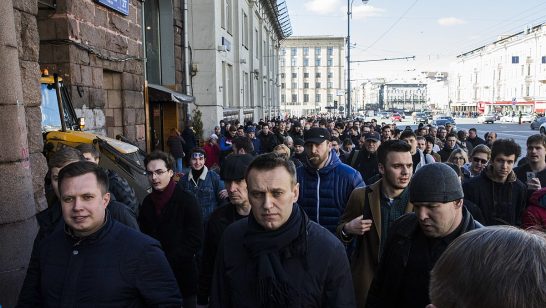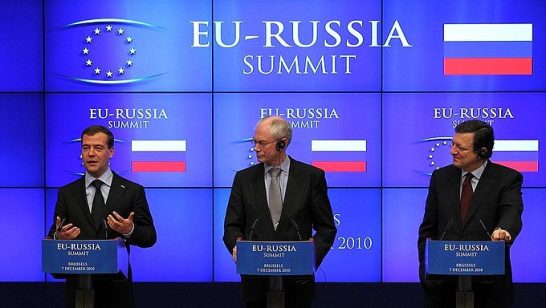
When faced with political crises with great risks and small gains, the US statesman Robert A. Lovett is supposed frequently to have exclaimed “Forget the cheese – let’s get out of the trap”. In the present Ukrainian crisis, the original cheese at stake between Russia and the West – and a pretty mouldy, rat-nibbled one – was the Ukrainian accession to Western or Russian alliances.
This goal is now impossible for both Russia and the West. Instead, we need to find a way to get out of the trap – which is that if events are allowed to continue their present course, there could easily be a war in Ukraine. This would be a shattering humiliation for NATO and the EU in the short term, as they stood by while the Ukrainian army was crushed. But it would be an even greater economic, political and cultural disaster for Russia in the longer term.
The only organisation which retains enough independence and respect from both sides to bring about serious negotiations about is the United Nations. The Secretary General should move swiftly to appoint a mediator to begin talks. The goals of these talks should be:
- to reduce international tension surrounding Ukraine;
- to reduce the combined threat of clashes between rival militias in eastern Ukraine, and thereby also to reduce the threat of Russian military intervention;
- to return the Russian and Ukrainian armies to the positions they held before the crisis;
- to reassure the Russian-speaking population that their rights will be respected and that the Ukrainian army and police will not be controlled by nationalist extremists;
- to restore an agreed legal constitutional process, and ensure that both sides will accept the May elections as free, fair and legitimate.
In order to achieve these goals, I propose the following set of agreements:
- A five year moratorium on offers to Ukraine of accession or partnership agreements with the Eurasian Union, the EU or NATO. Thereafter, a constitutional amendment to be introduced making ratification of such an agreement dependent on a majority of at least 70 percent in a referendum.
- Russia reaffirms its agreement to the new elections in May. The elections will be supervised and monitored by the UN to prevent intimidation by nationalist or pro-Russian forces.
- Russia withdraws its troops in Crimea to its bases. The Ukrainian government cancels its military alert and its call-up of reservists.
- Russia recognises the new government in Kiev as legitimate on a provisional basis in return for placing the Defence, Security and Interior ministries under neutral professional officials.
- A promise by the new government in Kiev not to pass any laws banning political parties or carrying out lustrations of former or serving officials, and not to take any action to replace elected officials and councils in eastern and southern Ukraine.
If Russia agrees to these terms, then the existing Western threats of non-attendance at the G8, and of economic and other sanctions, should be suspended. If the government in Kiev agrees to them, then the international community should move to put together a financial rescue package for Ukraine.
These terms would be difficult for both Russia and the Ukraine to accept: Russia because it would involve abandoning Russian recognition of Yanukovych as elected president; the new Ukrainian government because it would have to accept certain internationally mandated restrictions on its internal actions. Without an agreement however, developments on the ground – for example, actions by Ukrainian or pro-Russian militias to seize control of provincial governments in the East and South – could easily bring about a war that neither Kiev nor Moscow desires.
The opinions articulated above represent the views of the author(s), and do not necessarily reflect the position of the European Leadership Network or any of its members. The ELN’s aim is to encourage debates that will help develop Europe’s capacity to address the pressing foreign, defence, and security challenges of our time.



